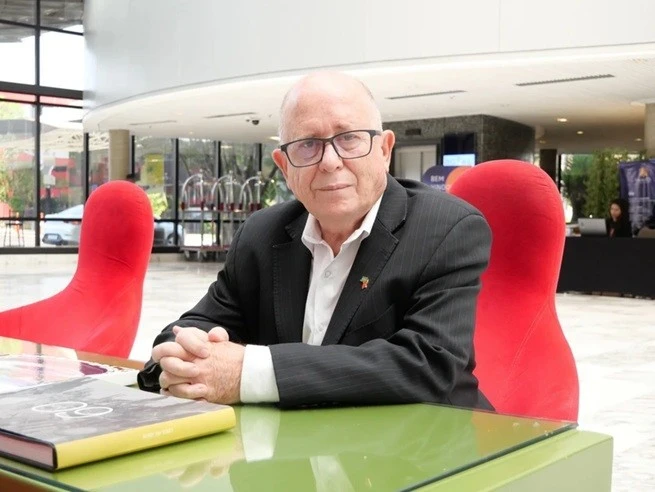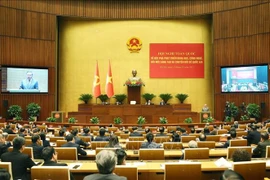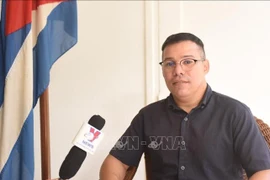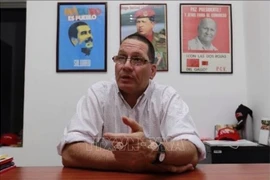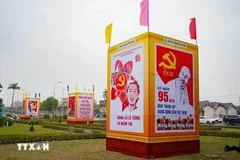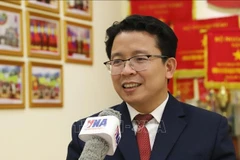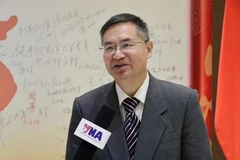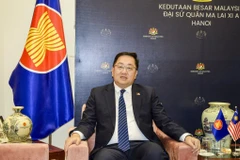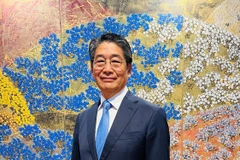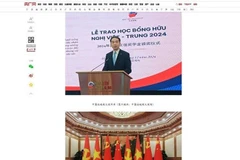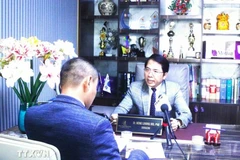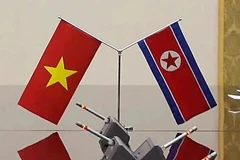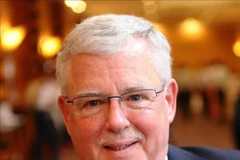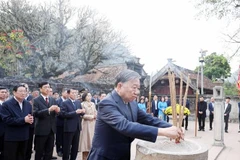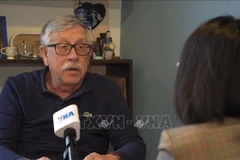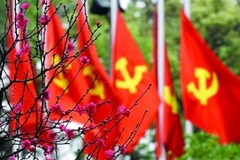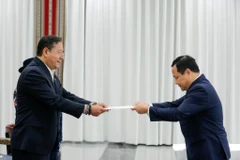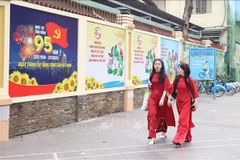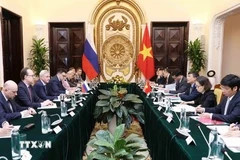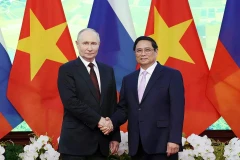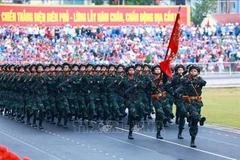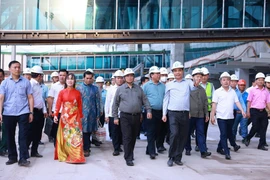Buenos Aires (VNA) - The Communist Party of Vietnam (CPV) has played a central role in the modern history of Vietnam and remains one of the oldest and most influential political organisations in Asia, according to Brazilian historian and journalist De Oliviera.
Speaking to the Vietnam News Agency on the occasion of the CPV’s 95th founding anniversary (February 3, 1930 – 2025), De Oliviera emphasised the role of President Ho Chi Minh in Vietnam’s struggle for national liberation from French colonial rule and Japanese occupation.
He highlighted the historic moment when President Ho Chi Minh declared the establishment of the Democratic Republic of Vietnam (now the Socialist Republic of Vietnam) on September 2, 1945, at Ba Dinh Square in Hanoi witnessed by hundreds of thousands of Vietnamese people.
De Oliviera, who also serves as General Secretary of the Brazil-Vietnam Friendship Association, praised the CPV’s leadership in Vietnam’s military victories, notably the Dien Bien Phu Victory in 1954, which ended French colonial rule, and the Spring Uprising of 1975, which led to national reunification.
Discussing Vietnam’s post-war reconstruction and development, De Oliviera underscored the significance of the Doi Moi (Renewal) policy initiated in 1986, which transitioned the country from a centrally planned economy to a market-oriented one.
He noted that, thanks to nearly four decades of economic reforms, Vietnam’s GDP reached 476.3 billion USD in 2024, with a robust growth rate of 7.09%. The country has become a key player in the global supply chain, with exports increasing by 14.4%, particularly in electronics, textiles, footwear, and agricultural products. The US is now Vietnam’s largest export market, while China remains its top supplier of raw materials.
De Oliviera also highlighted recent policies of the CPV, including administrative reform, the streamlining of the organisational apparatus, digital transformation in public services, cost-cutting measures, business climate improvement, and enhanced national competitiveness. He emphasised Vietnam’s significant investments in infrastructure, such as the North-South Expressway, modern seaports, and upgraded airports.
The Brazilian historian praised Vietnam’s proactive foreign policy, underlining its commitment to multilateralism, strategic partnerships, and national sovereignty.
Highlighting the country’s contributions to the region and the world, he noted that Vietnam has been an active member of ASEAN since 1995, promoting regional integration, conflict resolution, and economic cooperation. He mentioned Vietnam’s successful chairmanship of ASEAN in 1998, 2010, and 2020, as well as its contributions to key initiatives such as the ASEAN Community and the settlement of the East Sea issues through dialogues. Vietnam has also played a vital role in drafting the ASEAN Charter.
Economically, Vietnam has deepened its global integration by signing major trade agreements such as the Comprehensive and Progressive Agreement for Trans-Pacific Partnership (CPTPP), the EU-Vietnam Free Trade Agreement (EVFTA), and the Regional Comprehensive Economic Partnership (RCEP). These agreements have positioned Vietnam as a crucial link between developed and emerging economies.
Since 2014, Vietnam has actively participated in UN peacekeeping missions, reinforcing its commitment to global security, he underscored.
Commenting on Vietnam-Brazil relations, De Oliviera viewed the recent visit of Brazil’s Minister of Science, Technology, and Innovation Luciana Santos, who is also the President of the Communist Party of Brazil, as a milestone in bilateral cooperation. The visit facilitated agreements in the semiconductor industry and paved the way for Vietnamese automaker VinFast to establish an electric vehicle manufacturing plant in Brazil.
Vietnam is now a key partner of BRICS, and during Prime Minister Pham Minh Chinh’s 2024 visit to Brazil and participation in the G20 Summit, the two nations elevated their relationship to a strategic partnership. Brazil remains Vietnam’s largest trading partner in Latin America, while Vietnam serves as a crucial economic gateway for Brazil in Southeast Asia, the Brazilian historian noted./.
